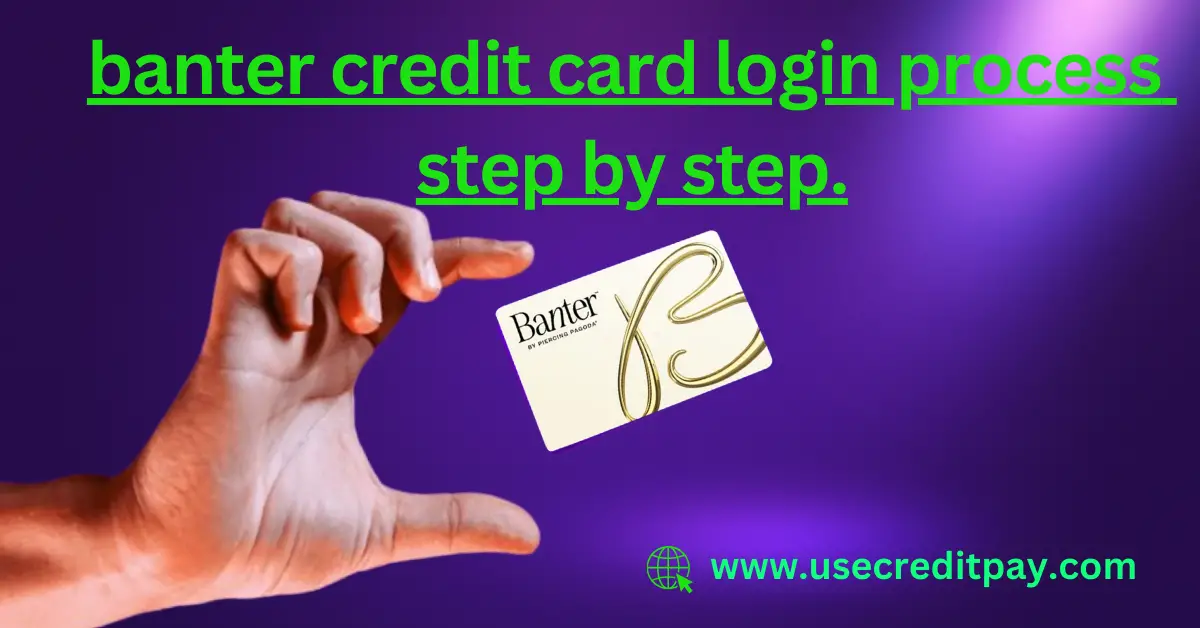To enhance your chances of getting approved for a credit card, maintain a strong credit score and provide accurate income information. Ensure any existing debts are manageable and your credit history is stable.
Navigating the world of credit can seem daunting, especially when it comes to getting approved for a credit card. The key to unlocking the doors to credit approval lies in understanding what issuers look for and positioning yourself as a low-risk borrower.
A robust credit score speaks volumes, as it reflects your financial responsibility and creditworthiness. This, coupled with accurate and truthful income declarations, increases the likelihood that lenders will view you favorably. Keeping your debt-to-income ratio low shows that you manage your debts well, presenting you as a reliable candidate. A stable credit history, free from defaults or erratic behaviors, further demonstrates your commitment to sound financial management. By focusing on these elements, you can strategically place yourself on the path to credit card approval.
Evaluating Your Credit Health
Evaluating your credit health is a vital step before applying for a credit card. This process gives you insights into your financial standing and what credit card issuers see when they assess your application. It’s like checking the weather before you sail; it prepares you for the journey ahead and increases your chances of approval.
Checking Your Credit Score
Your credit score is a three-digit number that represents your credit risk. Lenders use this score to predict your behavior as a borrower. A higher score can lead to better credit offers. To check your credit score, you can:
- Visit websites that offer free credit score checks.
- Contact your bank or credit card issuer, as some provide scores for free.
- Use a credentialed credit monitoring service.
Remember, you should look for a service that doesn’t charge fees or require a credit card for a free trial, to avoid unwanted charges.
Understanding Your Credit Report
Your credit report is a detailed record of your credit history. It includes your credit accounts, payment history, and debts. To comprehend your credit report:
- Obtain a free copy from each of the three major credit bureaus at AnnualCreditReport.com.
- Review the report carefully for any inaccuracies or suspicious activities.
- Identify the factors that are affecting your credit score, like late payments or high balances.
Understanding your report can help you spot areas for improvement, making it easier to plan how to enhance your credit health.
Types Of Credit Cards For Different Users
Finding the right credit card can feel like a daunting task. With countless offers and financial jargon, where do you even start? Different credit cards cater to various needs and lifestyles. Whether you’re just stepping into the world of credit, hunting for rewards, or rebuilding your credit score, there’s a card for you. Let’s explore the types of cards tailored to different users.
Cards For Beginners
Starting your credit journey calls for a solid foundation. Cards for beginners are designed to build credit history with minimal risk. These often feature:
- No annual fees: Saving money is crucial when you’re new to credit.
- Lower credit limits: This prevents overspending and helps manage finances effectively.
- Educational resources: Learn vital credit management skills as you go.
Rewards And Cashback Cards
For those who love incentives, rewards and cashback cards offer compelling benefits. These cards can turn daily purchases into exciting gains. They typically provide:
| Rewards Type | Benefit |
|---|---|
| Travel points | Save on flights and accommodation. |
| Cashback | Get a percentage back on purchases. |
| Shopping rewards | Gain points to redeem on future shopping. |
Cards For Bad Credit
Rebuilding credit? Cards for bad credit might be the key. These cards often come with features aimed at credit repair:
- Secured credit options: Require a cash deposit, reducing issuer risk.
- Credit builder programs: Monitor and guide your credit growth.
- Regular reporting to bureaus: Ensures your good habits reflect on your credit score.
Strategies To Bolster Your Application
Are you ready to boost your chances of credit card approval? Perfect the art of application with these savvy strategies. Your dream card is closer than you think! Let’s dive into the practices that can set your application apart from the rest.
Improving Your Credit Score
Check your credit report first. Spot errors? Dispute them. Pay bills on time too. It shows lenders you’re trustworthy. Keep old accounts open for a good history. Use less than 30% of your credit limit. This lowers your credit utilization. A good score needs patience and smart habits. Stick with it!
Lowering Your Debt-to-income Ratio
Debt-to-income ratio (DTI) is your debt divided by income. Lenders love a low DTI. Aim for below 36%. Pay down loans and avoid new debt. More income is good too. It improves your ratio. A low DTI signals to card companies you’re a safe bet.
Increasing Your Income
Income up means better card odds. Update your job info if you got a raise. Side hustles count too. Document extra earnings. The more money you show, the stronger your application. Lenders want to see cash flow!
Crafting A Compelling Application
When it comes to crafting a compelling application for a credit card, details matter. It’s not just about filling in the blanks. It’s about presenting yourself as the ideal candidate. A well-prepared application can be the key to unlocking those doors to credit approval. Follow these straightforward hacks and set the stage for success.
Filling Out Applications Accurately
An application with errors is a red flag for credit issuers. Each detail should mirror the information on your legal documents. Cross-check your data before submission. This includes your:
- Full name – Exactly as it appears on your identification.
- Address – Your current residential address, no P.O. Box.
- Social Security number – Without errors, as it links to your credit history.
- Income – Honest and up-to-date information shows your repayment capability.
Accurate data paves the way for a smoother verification process and a better chance at approval.
Leveraging Your Banking Relationships
Building strong ties with your bank can be beneficial. Here, loyalty could pay off. If you have an existing account, especially one in good standing, make it known. Mention your positive banking history in your application. Account longevity, consistent balances, and regular transactions showcase financial stability. Banks may reciprocate this loyalty when considering your credit application.
Timing Your Credit Card Applications
Knowing when to apply for a credit card is as crucial as selecting the right one. It can be the difference between approval and rejection. Let’s uncover the best timings to boost the odds of getting your application approved.
Best Times To Apply
Applying for a credit card requires strategy. It’s best to apply:
- After a salary hike: Lenders love higher income.
- With a good credit score: A score above 700 is golden.
- When benefits outweigh costs: Think perks over fees.
- During credit card promotions: Companies sometimes offer deals.
When To Avoid Applying
There are times to hold off from applying:
- If you just applied elsewhere: Multiple applications hurt.
- Right before a major loan: Like a mortgage or car loan.
- After recent rejections: Wait and rebuild your score.
- During job transitions: Stability is key for lenders.
Navigating Rejection And Next Steps
Navigating rejection is a critical step to understand and overcome the barriers in acquiring a credit card. Most people face a credit card application denial at some point. Turning a ‘no’ into a ‘yes’ takes strategy and patience. Knowing why a credit card application was rejected is the key to rectifying potential issues.
Analyzing Rejection Reasons
Understanding the denial reason is vital. Banks provide rejection letters explaining the rationale. Use this information to identify areas for improvement. Your credit report usually holds clues. Look for issues like:
- Low credit score: It indicates credit risk.
- High debt-to-income ratio: You may have too much debt.
- Insufficient income: More income is needed for the credit line sought.
- Too many recent credit inquiries: It suggests risk from potentially new debt.
Fix these issues before applying again. For example, pay off debt to improve your debt-to-income ratio.
Reapplying After A Setback
Reapply only after you have addressed the issues from your rejection. A smart approach involves:
- Waiting period: Give it a few months to improve your credit profile.
- Credit score evaluation: Use this time to build a stronger credit score.
- Lower risk profiles: Lowering your debt can make you seem less risky to lenders.
- Choosing the right card: Apply for a card that fits your improved financial status.
Check eligibility criteria for each card. Some cards cater to low-income or fair credit profiles. Apply with confidence when your financial health is on track.
Frequently Asked Questions On Hacks To Get Approved For Credit Card
What Factors Affect Credit Card Approval?
Credit card issuers primarily assess your credit score, income, and debt-to-income ratio. They evaluate your creditworthiness to decide on your application. A good credit score and steady income generally improve your chances of getting approved.
How To Improve Credit Score For Card Approval?
To enhance your credit score, pay bills on time, reduce existing debt, and avoid new credit inquiries. Ensure you maintain a low credit utilization ratio. Regularly check your credit report for errors and dispute them if necessary.
Why Do Credit Card Applications Get Declined?
Applications are often declined due to low credit scores, high debt levels, insufficient income, or a lack of credit history. Other factors can include recent delinquencies or discrepancies in the application details.
Can A Pre-approval Ensure Credit Card Acceptance?
Pre-approval means a creditor has initially assessed you as a potential customer. While it’s a positive sign, it does not guarantee ultimate approval. Final credit approval comes after a comprehensive review of your financial situation.
Conclusion
Navigating the credit card approval process can feel daunting. Our tips aim to simplify your journey. Implementing these strategies will enhance your approval odds. Remember, responsible credit behavior is key. Start applying with confidence and the right knowledge at your disposal.
Good luck!





